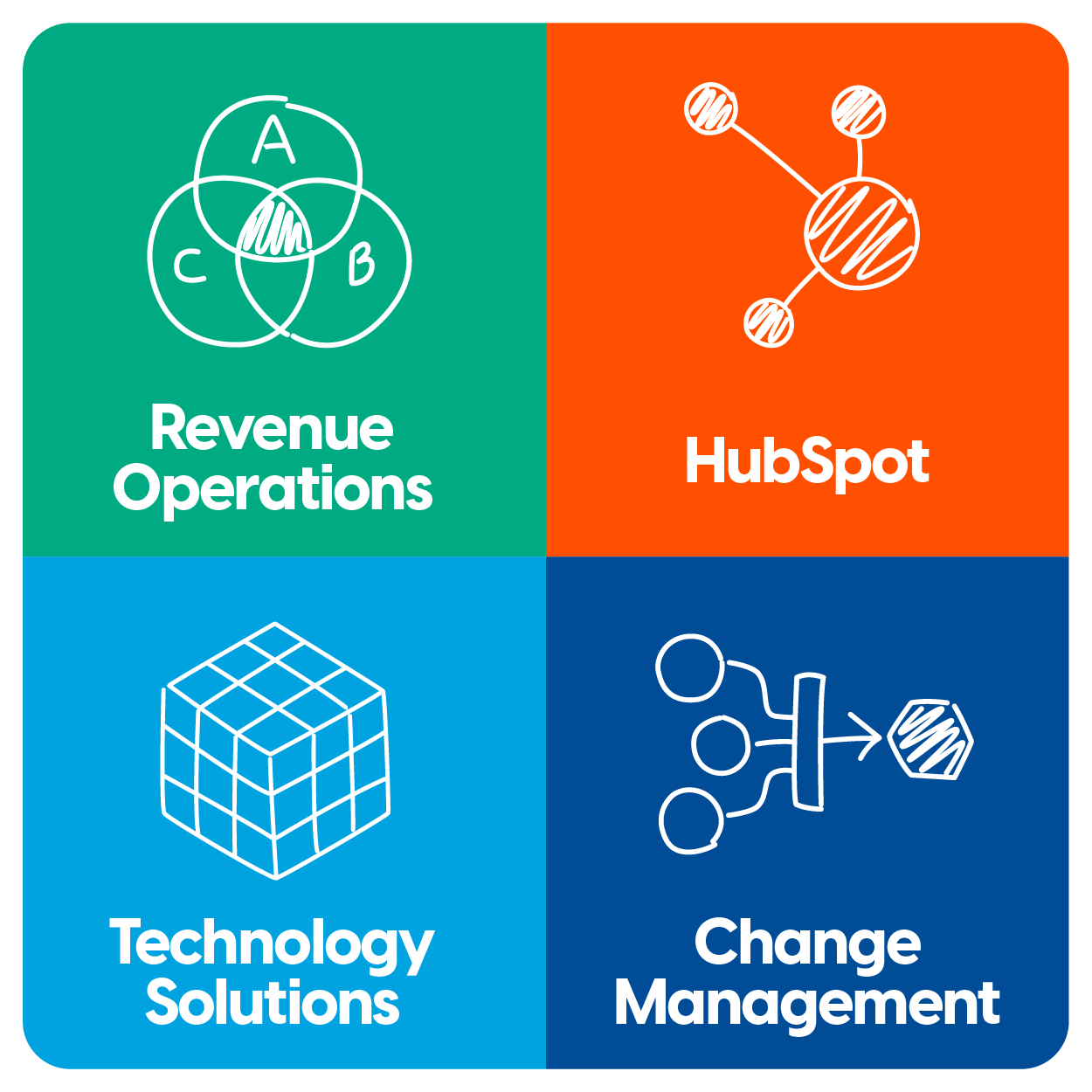Strategic advantage
knowledge
The imperative of hyper-personalisation
Hyper-personalisation uses real-time data and AI to create dynamic, tailored experiences for B2B customers. Key to this is building a solid data foundation, developing detailed customer profiles and leveraging AI tools for analysis and content generation.
The role of AI across the CRM ecosystem
AI's influence extends to recommendations for sales reps, automated summarisation of calls and insights. This ebook emphasises the importance of unified customer profiles, data integration and advancements in sales and marketing automation through AI-powered workflows.
.png)
AI, data & automation for strategic advantage
This ebook is your comprehensive resource for understanding and implementing AI, data and automation to enhance your current operations and build a resilient forward-thinking strategic advantage.
.png)
The state of CRM software
- Assess the expanding role of AI in CRM
- Understand AI-powered lead intelligence
- Master the imperative of hyper-personalisation
- Explore advancements in sales & marketing automation
- How is AI being used in B2B in 2025?
- In 2025, AI is extensively used across B2B functions to drive efficiency and strategic advantage. This includes enhanced sales forecasting and pricing strategies, automation of routine sales tasks and hyper-personalisation in customer interactions. In marketing, AI powers content creation and optimisation, enables data-driven personalisation at scale, and improves predictive lead scoring, with emerging agentic AI taking autonomous actions to optimise complex workflows.
- What is the state of CRM software in 2025?
- In 2025, CRM software has evolved into an AI-first platform, centralising customer data and leveraging AI for intelligent lead scoring, personalised customer journeys and advanced predictive analytics. Key trends include hyper-personalisation at scale, seamless omni-channel integration and significant advancements in automation features. CRMs are the core of sales tech stacks, integrating with other business systems while prioritising data privacy and mobile accessibility.
- How can businesses start implementing AI within their existing CRM?
You can begin by assessing your current data quality and ensuring it's clean and integrated. Next, identify specific pain points or opportunities where AI can offer immediate value, such as automating lead scoring or personalising email campaigns. Starting with pilot projects allows for learning and refinement before scaling AI initiatives across the entire CRM ecosystem.
- How does AI improve lead intelligence?
AI improves lead intelligence by automating data cleansing, enriching prospect profiles with external data and using predictive analytics to score and prioritise leads, enabling more targeted and efficient outreach.
- What is hyper-personalisation with AI?
Hyper-personalisation with AI involves using real-time data and machine learning algorithms to deliver highly individualised and contextually relevant experiences to B2B customers, adapting content and interactions to their specific needs and behaviours.
- How does AI impact B2B sales and marketing automation?
AI significantly impacts B2B sales and marketing automation by powering intelligent recommendations for sales reps, automating routine tasks like email composition, optimising campaign performance and personalising outreach at scale.

Modern Visual
We're onshore Australian specialists with a global reach, dedicated to transforming businesses through expert Website Development, Design and bespoke Software Solutions, including advanced Integrations.
Our blend of deep consulting experience and innovative technology development ensures we bring excellence to clients worldwide, with a strong presence across Australia and New Zealand.
- Want to know how tailor-made tech can transform your business operations?